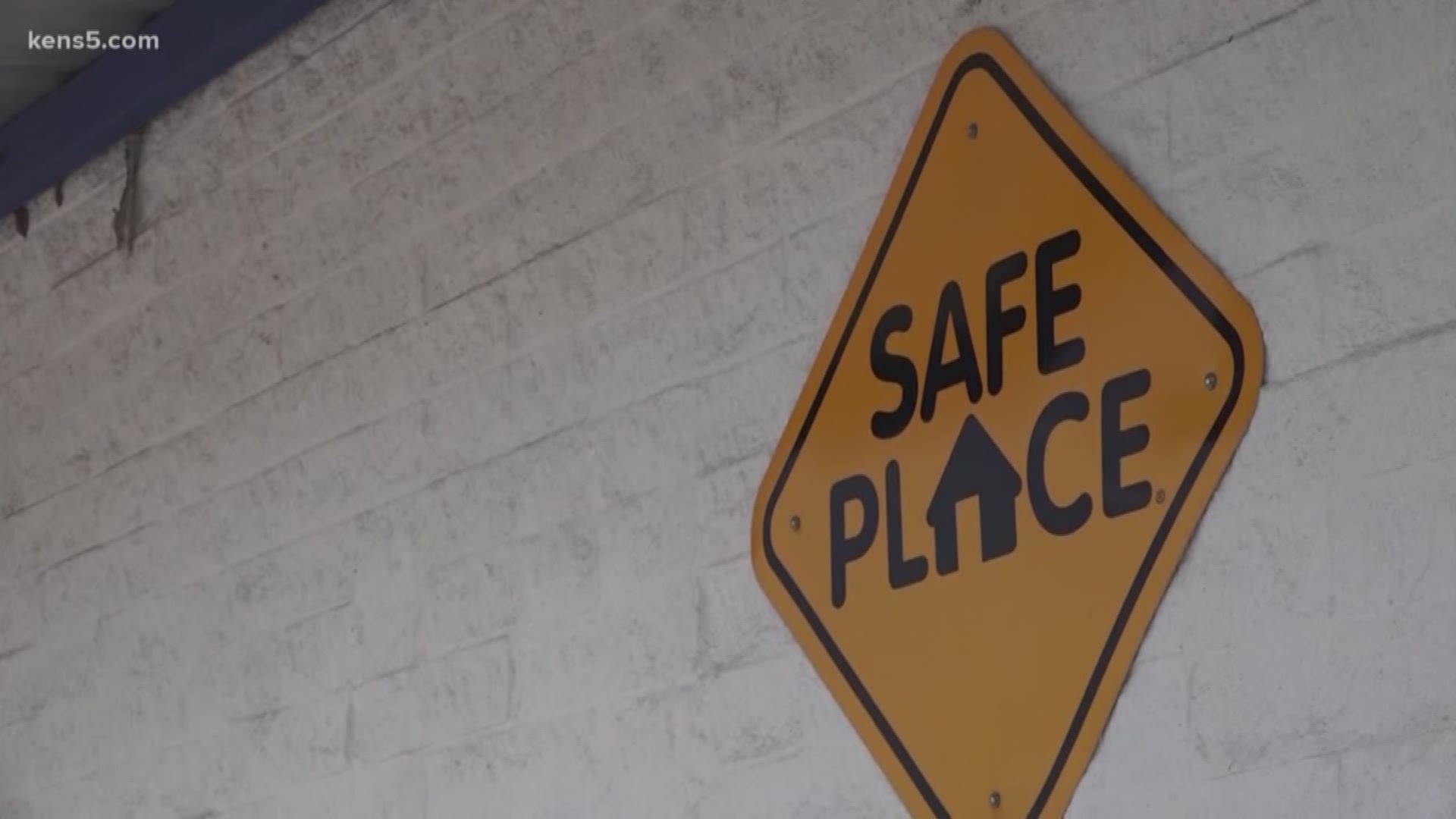SAN ANTONIO — Chuck Paul, Roy Maas Youth Alternatives outreach specialist and interim co-director of Centro Seguro Drop-in, advocates on behalf of child and teen survivors of human trafficking. He says that while trafficking is often a concern during high-attendance events, it's something we should be focused on year-round.
"Trafficking doesn’t just happen In January, it doesn’t just happen during major sporting events, it doesn’t just happen during certain times of the year—it happens all the time," Paul said.
Paul says working to help prevent trafficking means starting at home. According to him, traffickers often target children and teens who are lonely or vulnerable; helping kids to get rooted in their community and finding adults they can trust and feel comfortable opening up to is critical. Parents should also educate themselves on current discourse online.
"Make sure you understand the basics of what text speak is and what emoji speak is and that’s easy to find out. We offer a parent resource guide, (or) you can go to the Urban Dictionary and find out what the umbrella means (for example)," Paul said.
In addition, community members can keep an eye out in public. Look for subtle signs, especially when seeing an adult who seems to have a suspicious relationship with a child or teen. If the child or teen is dressed inappropriately for the weather or for their age and the adult is dressed normally, or if the adult is holding onto the child's belongings, that could be an indicator. There are also some clear signs, according to Paul, that something isn't right.
"Obvious tattoo somewhere that can be seen—neck, wrist, midriff, arm," he said. "It's going to be something like the trafficker’s name or street name, offer with a bunny ear or a rose. Bar codes, money signals, money bag...and another indicator is a diamond, for involvement with a ring."
Paul says if you are concerned, do not intervene on your own. Contact authorities.
"Traffickers always have spotters, they always have weapons and they always have people you can’t see," Paul said. "You going out there trying to rescue a child—you’re putting your life in danger and you’re putting your family in danger."
He says it's useful to use the terms "human trafficking" when calling something in.
"Dispatchers are trained so that when they hear the words human trafficking, they make it a high-priority call," Paul said.
If you have questions or need help, you can call the RMYA hotline at (210)340-8090. You can also learn more by looking up the Department of Homeland Security's Blue Campaign. If you spot concerning signs online, you can also submit them through the IwatchTexas app.

